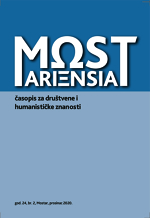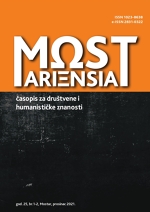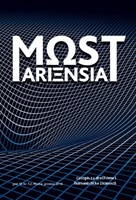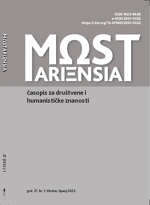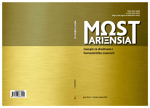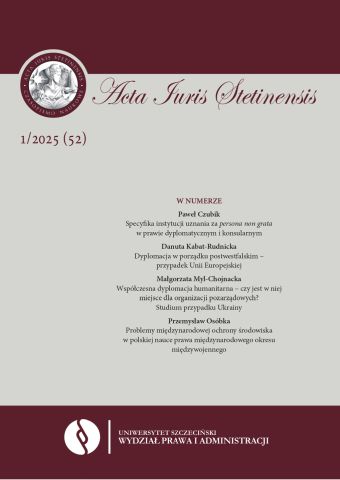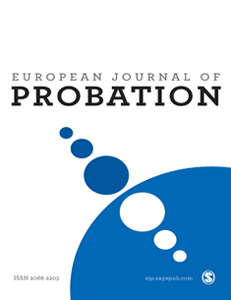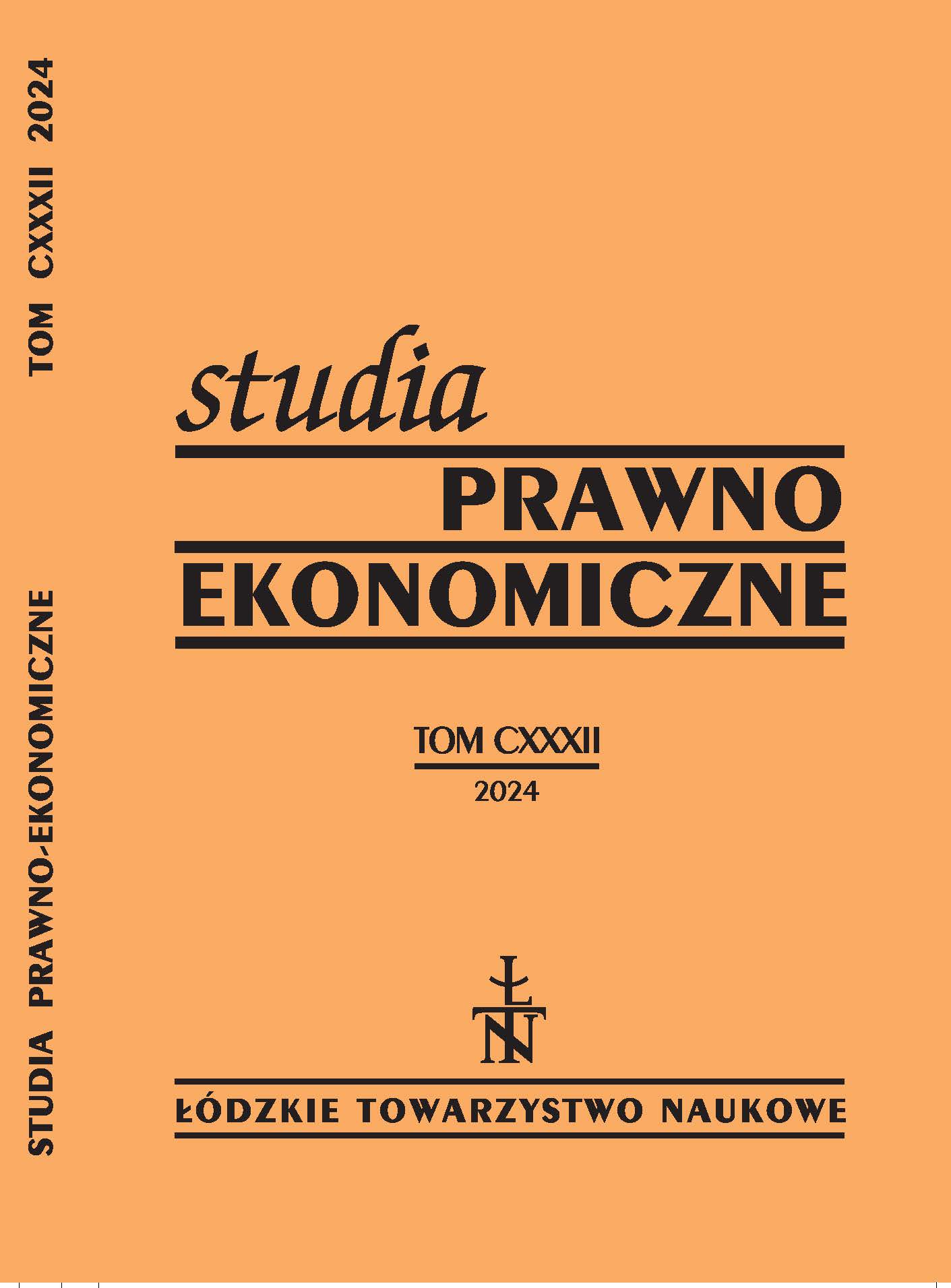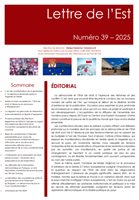
MODEL “ZRCALA”: ŽUPANIJE S POSEBNIM REŽIMOM
This work presents an overview of the activities of the Constitution of the Federation of Bosnia and Herzegovina, activities based on the changes of the Constitution of the Federation to the political and legal position of Croats in the Federation of Bosnia and Herzegovina. Mostly, it is about negative activities of imposed amendments on the Constitution of the Federation, presented by High Representatives in Bosnia and Herzegovina. However, except the facts of the case and the existence of the valid regulations of the Constitution of Federation, this work also takes into consideration the original text of the Constitution of the Federation, as well as certain proposals on the changes of the Constitution which would contribute to the revision of the imposed amendments and all with the aim of improving the status of Croats in Bosnia and Herzegovina, precisely in Federation of Bosnia and Herzegovina. The purpose of the author is not only to establish the facts of the case, but also to offer the appropriate solutions for changes of the Constitution of the Federation of Bosnia and Herzegovina, through the model of arrangement of two cantons with the special status in the Federation of Bosnia and Herzegovina, more precisely speaking, by returning their special regime. We see these two mixed cantons (HNC and CBC) as framework for preservation of the entire Federation of Bosnia and Herzegovina.
More...
